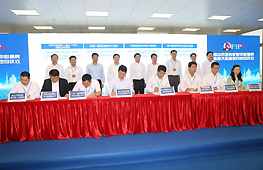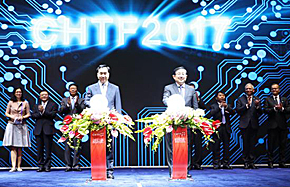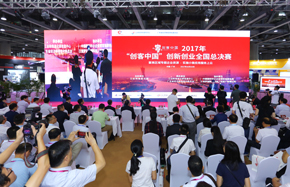About
Shanghai International College of Intellectual Property (SICIP) of Tongji University was established on Nov 17, 2016, with the support of the World Intellectual Property Organization (WIPO), the State Intellectual Property Office of the People’s Republic of China (SIPO) and Shanghai municipal government.
Currently, SICIP has two international programs: WIPO-Tongji Master Degree Program in Intellectual Property Law with Specialization in Design (MIP in Design or WIPO-Tongji MIP) and the Belt and Road Master Degree Program in Intellectual Property (B&R MIP).
Tongji University is the first and only university in China (including Hong Kong, Macao and Taiwan) that has jointly developed a master degree program in cooperation with the WIPO. In addition, it is also the first university in China to undertake the Belt and Road Master Degree Program in Intellectual Property with the Chinese Government Intellectual Property Scholarship commissioned by the Ministry of Education and SIPO.
SICIP gathers many well-known IP scholars in China and a group of young scholars with potential. Among them, three scholars are nominated as members of the National Intellectual Property Expert Advisory Committee. Meanwhile, Tongji University devotes itself to bringing in well-known IP scholars both in China and abroad as adjunct professors and appointing well-known judges and lawyers in the IP field as supervisors to guide students’ legal practice.
SICIP maintains a long-term relationship with Humboldt University (Germany), University of Konstanz (Germany), the Max Planck Institute for Innovation and Competition (Germany), Turin Polytechnic University (Italy), the University of Florence (Italy), Hanken School of Economics (Finland), the United States Patent and Trademark Office, George Washington University (USA), and the Russian Federal Institute of Industrial Property. So far, the college has hosted 12 “Tongji-Bayer Intellectual Property International Forum” events and “China-EU IPR Judges Forum” events; organized the “2015 IP Training for Developing Countries” (in English) –– benefiting 34 intellectual property officers from 18 countries along the Belt and Road, and the “Chinese Intellectual Property System Training Program” (in English) from 2012 to 2014, providing training for 60 patent examiners from developed countries such as the United States, Germany and Japan; as well as collaborated with the MPI for Innovation and Competition to host five advanced training sessions for the “Millions of Talents Projects” of SIPO, with approximately 100 trainees taking part.
In recent years, the faculty members in the intellectual property discipline have successfully applied 10 research projects at the national level and more than 30 research projects at the ministerial and provincial level as principal investigators, including three Major Projects and one Key Project of the National Social Science Fund of China. In addition they have published more than 100 papers in the core academic journals of China.
SICIP will recruit talented faculty staff from around the world and build a top international sustainable development-oriented discipline in Intellectual Property, a world-class international high-end Intellectual Property training platform, and a global think tank for sustainable development and intellectual property research. It will be managed by the Board of Directors under the Dean Responsibility System, under which are the International Advisory Committee, International Academic Committee and Executive Committee. All the faculties of the SICIP will be selected through global recruitment and managed by contract.
Over the next five years, SICIP aims to build a world-class intellectual property talent training base and train highly-skilled individuals with a technology background, proficiency in management, law, and communications, and with a deep knowledge of international intellectual property affairs; to establish top international intellectual property disciplines taking sustainable development as a guiding principle –– in order to support Shanghai in becoming an innovation center with global influence and an Asia-Pacific intellectual property center; as well as to own a think tank with global influence to serve the national strategy of innovation-driven development, Belt and Road construction and to develop a national culture of intellectual property rights.





















